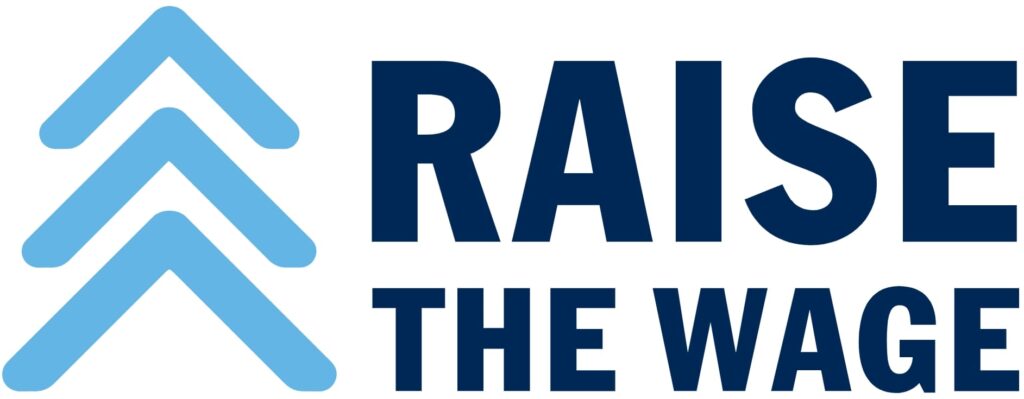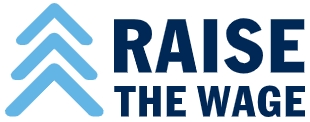When people can’t afford to buy food, go to the doctor or make basic repairs, it drags our economy down. Putting more money in the pockets of consumers powers our local economy and helps small businesses grow.
The positive effects of raising the wage are explained by commonsense economics. One business’ employee is another business’ customer—and when customers have enough money in their pockets to spend on the basics, we all benefit.
Creating positive employment effects
Extensive analysis of federal, state and local minimum wage increases from the Labor Center at UC Berkeley[1] and the Center for Economic and Policy Research[2] has found little to no measurable effect on employment or hours from minimum wage policies.
Instead, research evidence indicates that the costs of minimum wage increases are absorbed through reductions in absenteeism, less employee turnover, and improved performance on the job.
Researchers also found that price increases resulting from a higher minimum wage are typically very low (less than 1%) for the restaurant industry, and practically undetectable for other industries. Any increased costs may also be offset by the additional spending by low-wage workers and their families, acting as an economic stimulus in local economies.
In 2013, San Jose increased the minimum wage by $2.00. After one year, registered businesses in the city increased by 3% and registration of small retailers increased by 19%. And since 2013, unemployment has decreased by 1% and more than 4,000 jobs have been created in the restaurant and hospitality sector.[3]
Strengthening our local economy
In a recent analysis of the impact of a minimum wage increase in Los Angeles, researchers at UC Berkeley project that the total net wage increase from the proposed law will be $1.361 billion by 2017 and $2.381 billion by 2019.[4] These increased incomes generate further spending benefits through multiplier effects.
According to the Center for Economic and Policy Research, the states that raised their minimum wage in 2014 have actually seen faster job creation than the states that didn’t raise their wages.[5]
Studies show that low-wage workers would put every dollar they earn and more back into the local economy if they were given a raise.[6]
[1] http://laborcenter.berkeley.edu/the-proposed-minimum-wage-law-for-los-angeles-economic-impacts-and-policy-options/
[2] http://www.cepr.net/documents/publications/min-wage-2013-02.pdf
[3] http://www.nbcbayarea.com/news/local/Reality-Check-Minimum-Wage-One-Year-Later-244821391.html
[4] http://laborcenter.berkeley.edu/the-proposed-minimum-wage-law-for-los-angeles-economic-impacts-and-policy-options/
[5] http://www.cepr.net/blogs/cepr-blog/2014-job-creation-in-states-that-raised-the-minimum-wage
[6] http://www.washingtonpost.com/posteverything/wp/2015/06/01/future-tense-concern-about-the-quantity-and-quality-of-future-jobs/


